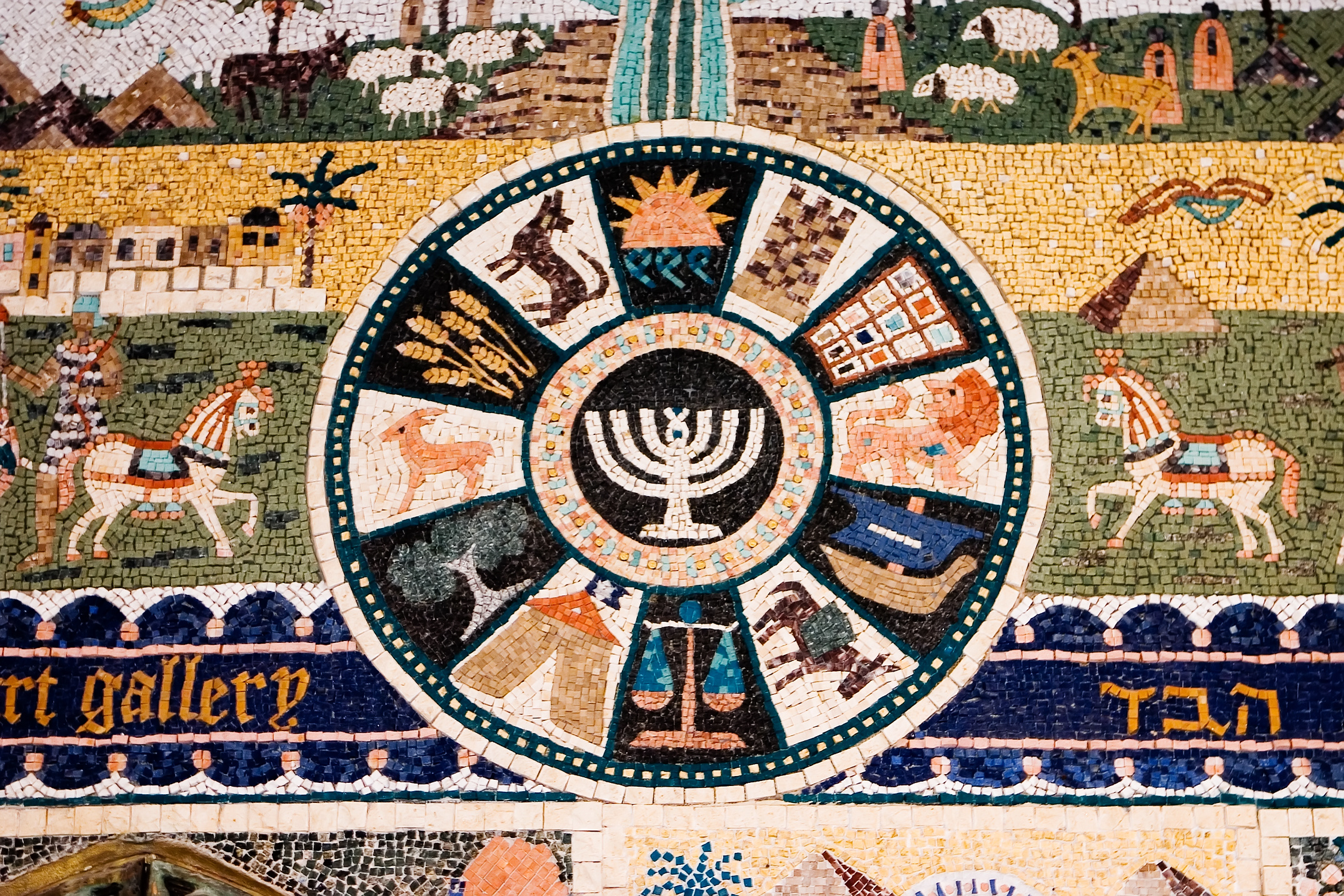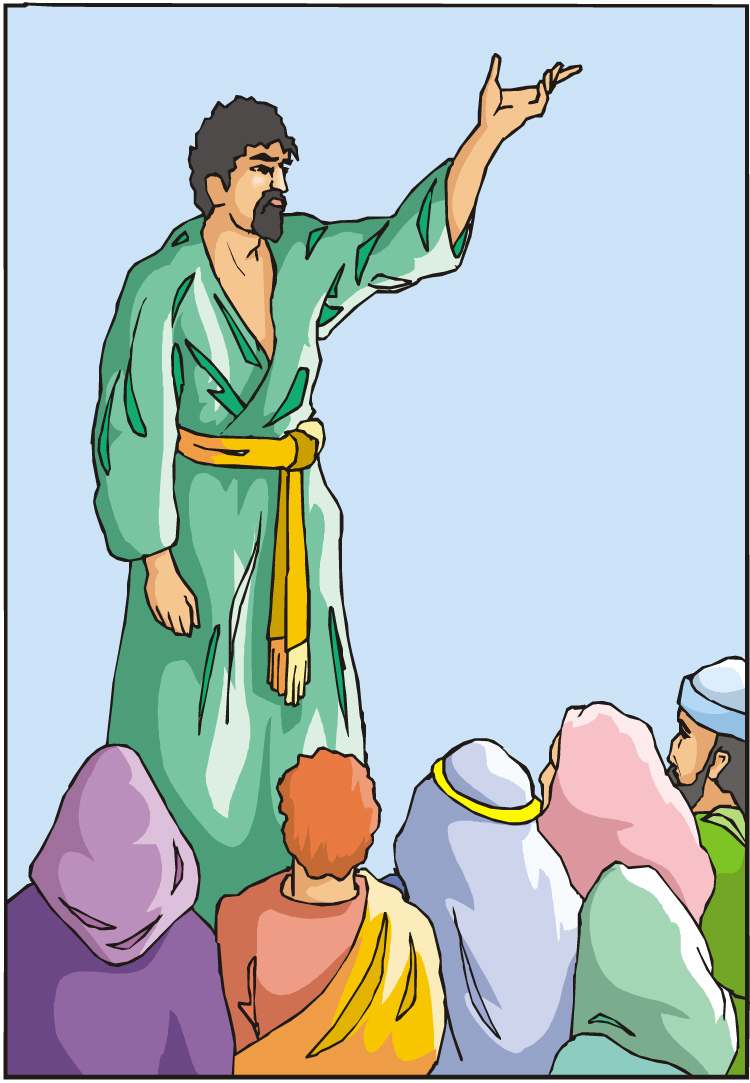Genesis 29:32–35:18, The birth of the Jacob’s twelve sons and the meaning of their names. The Scriptures record that the gospel message was preached not only to the first century believers, but to ancient Israel (Heb 4:2), and to the Patriarchs (Gal 3:8) as well. Here is another example of this in the meanings of the names of the twelve sons of Jacob. His twelve sons were Reuben, Simeon, Levi, Judah, Dan, Naphtali, Gad, Asher, Issachar, Zebulun, Joseph and Benjamin (who was not born until Gen 35:18). The meanings of their names and the statements the Bible attaches to those meanings reveal YHVH’s glorious plan of salvation for mankind. The Scriptures call this message the good news or gospel.
Reuben, Jacob’s first son, means “see or behold a son” (Heb. combination of two words: ra’ah meaning “to see” and ben meaning “son”). At the birth of her first son, Leah proclaimed “surely YHVH has looked upon my affliction” (Gen 29:32). The gospel message here is that YHVH Elohim saw the affliction of sinful man and gave us Yeshua, his Son.
Simeon means “hearing” (Heb. from shama meaning “to hear”). Leah named her second son thusly because “YHVH has heard that I was unloved” and she was hoping to receive her husband’s affection (Gen 29:33). The gospel message in this is that as a sinner, one comes to Yeshua in a lost and unloved state and separated from Elohim, and that when one hears about the Son (Yeshua the Messiah) in the gospel message, it’s at this point they receive the Father’s love.
Levi means “joined” (Heb. from lavah meaning “to join”). Leah named her next son this in the hopes that “now this time will my husband be joined to me” (Gen 29:34). With regard to the gospel, this can infer the union between a redeemed believer and the Father and Son that occurs at the time of one’s salvation. The good news message is the reconciliation and union of man and Elohim through Continue reading





